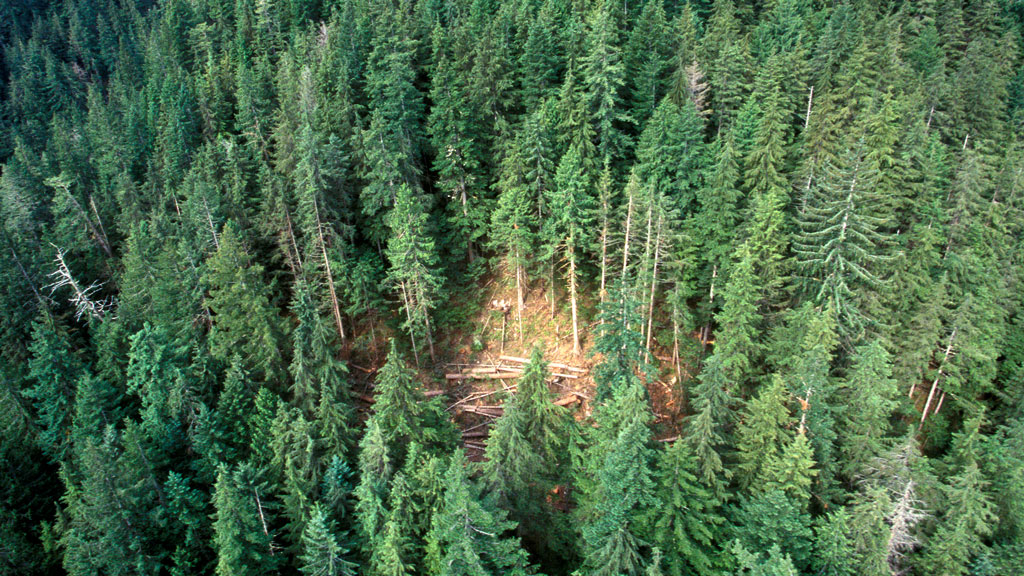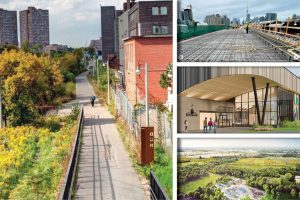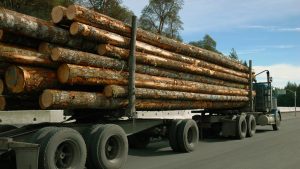VICTORIA – B.C. officials say they are revamping forestry policy to put people and the environment first.
Amendments to the Forest and Range Practices Act were introduced this week by Katrine Conroy, minister of forests, lands, natural resource operations and rural development. Officials stated the changes dovetail with ongoing work to preserve old growth and support smarter management of forests.
“Forestry policies – put in place two decades ago – have limited our ability to fight climate change, protect old growth forests and share the benefits with Indigenous and local communities,” Conroy said. “By increasing public control between government and First Nations, we’re committed to smarter management of our forests that prioritizes public benefits and engagement now and into the future.”
In June, the B.C. government released its vision of how it cares for its forests. The vision has three guiding principles: increased sector participation, enhanced stewardship and sustainability, and a strengthened social contract to increase public oversight.
According to the province, the legislative changes increase local control and prioritizing forest health. Officials stated a key part of the changes will be replacing forest stewardship plans, which are now developed by the sector, over time with forest landscape plans.
Through the development of forest landscape plans, the amendments will create new opportunities for shared decision-making between government and First Nations.
Officials said First Nations, communities and the public will have more opportunities to view and comment on forest-sector harvesting plans. The changes will also allow the chief forester to set stocking standards for replanting.
New components of the legislation include:
- reshaping British Columbia’s forest-management framework by repositioning government as the land manager;
- reasserting the public interest in forest management;
- equipping land managers with appropriate tools to establish resilient forests; and
- supporting reconciliation with First Nations through changes that authorize government to establish landscape-level plans in collaboration with First Nations.
The changes come after feedback and analyses received over the past decade from First Nations, the Forest Practices Board, the forest industry, the Union of British Columbia Municipalities and others.











Recent Comments
comments for this post are closed